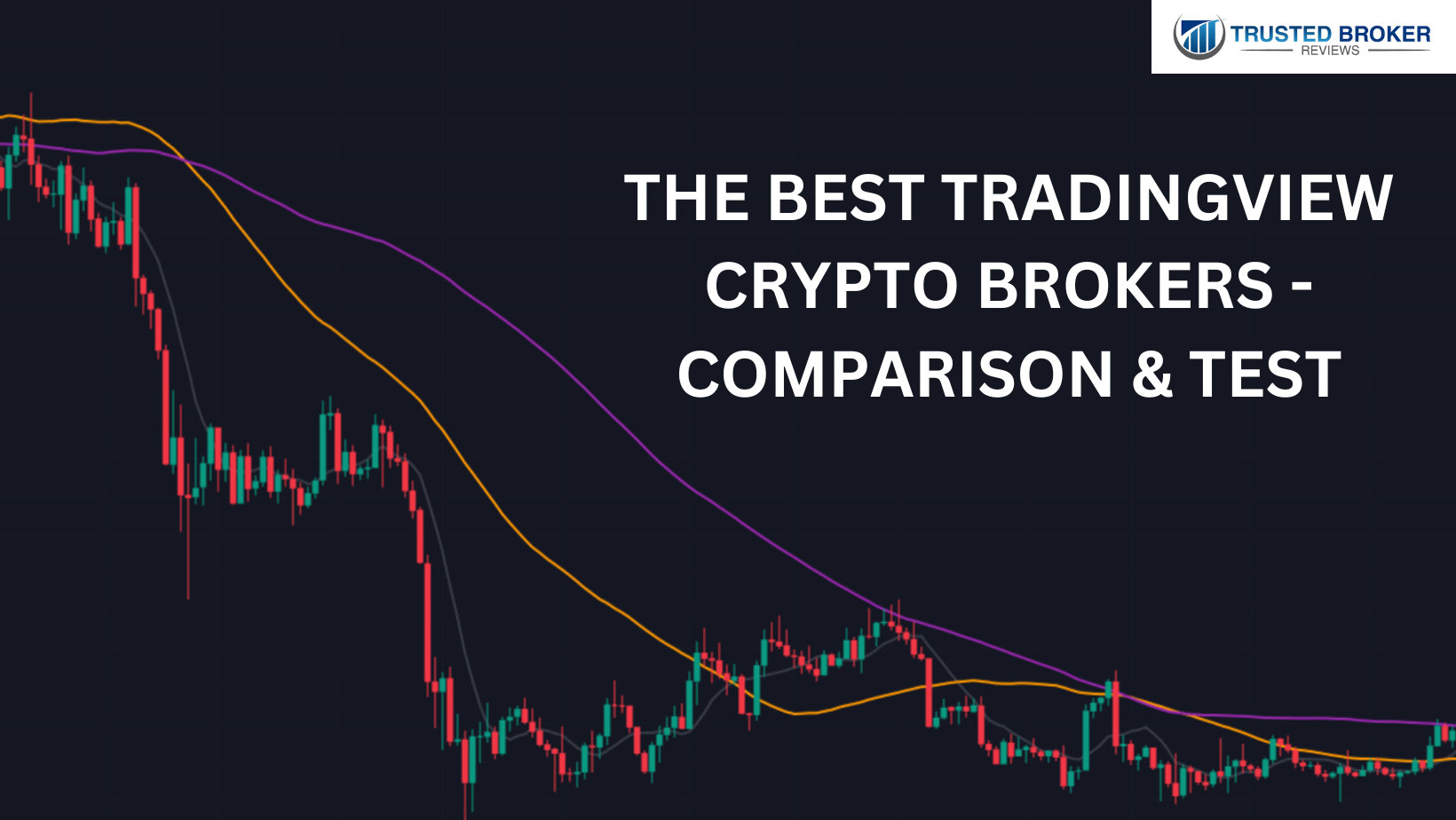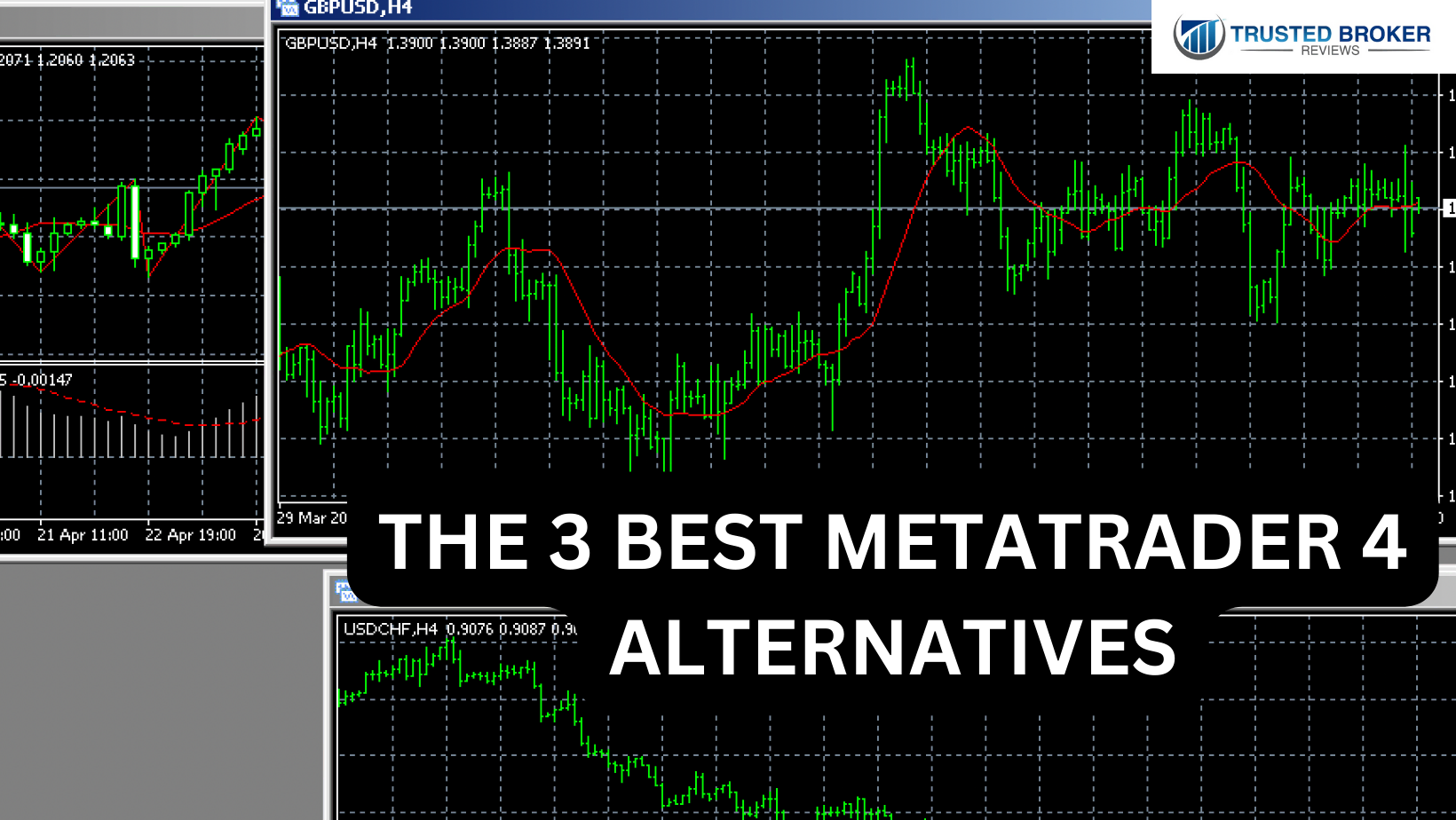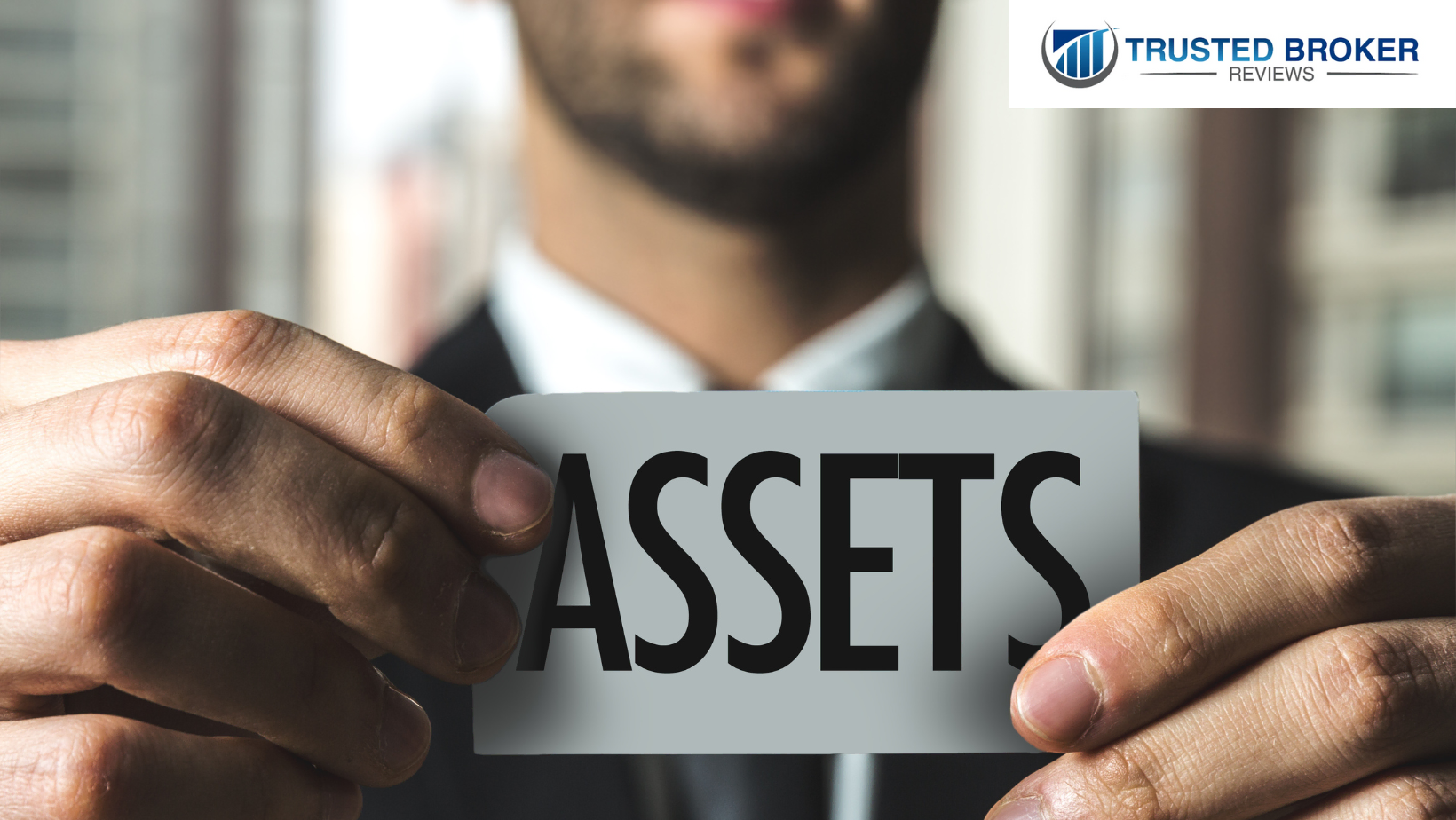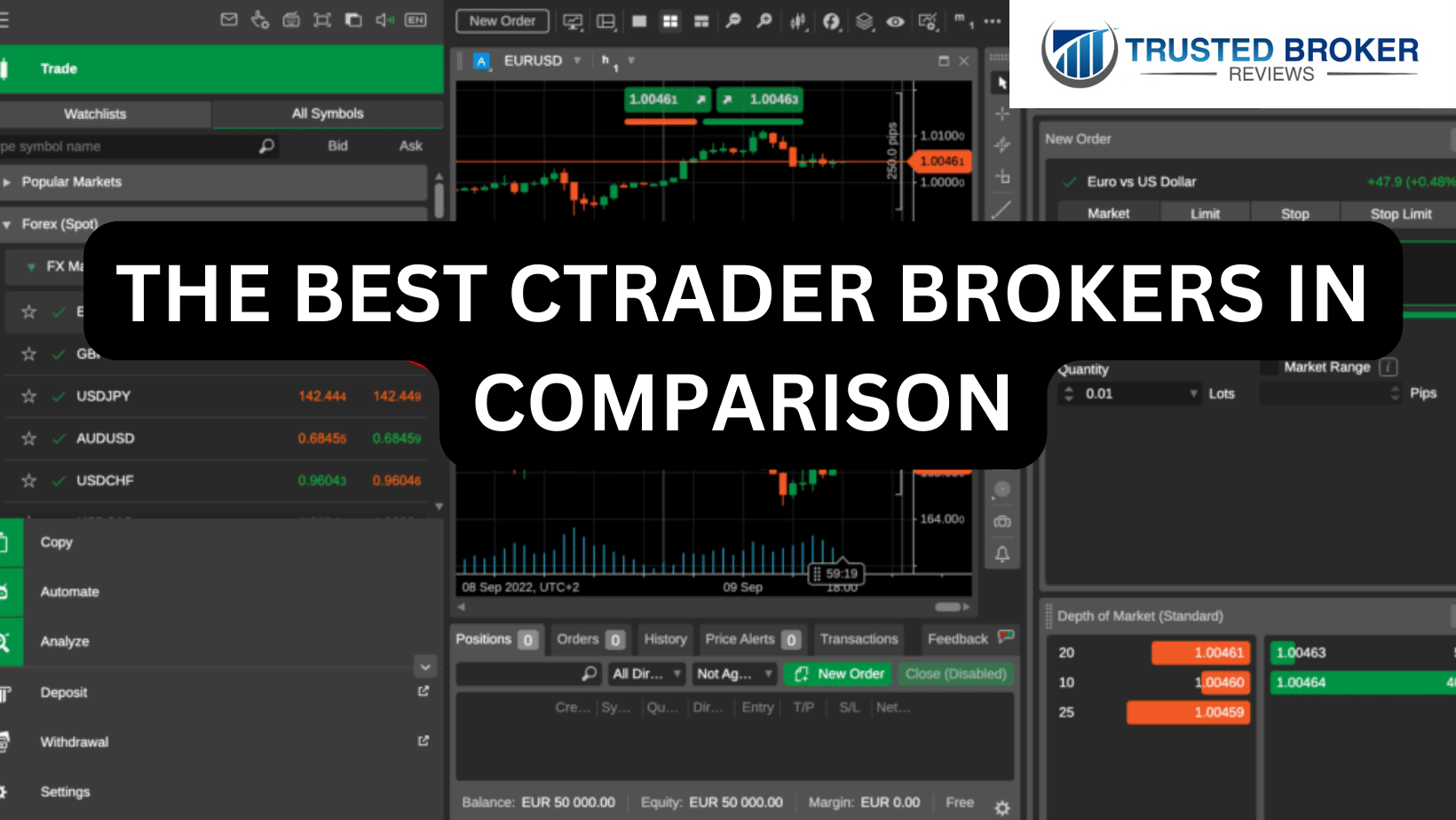GBP definition: What is the British pound sterling?
Table of Contents
The British pound, also known as GBP, is the official currency of the UK and its surrounding regions this includes South Georgia, the British Antarctic Region, the South Sandwich Islands, the Isle of Man, and the Channel Islands. The pound sterling is among the world’s top currencies and is constantly watched by traders globally. However, an independent country, Zimbabwe in Africa, utilizes the pound as its legal tender and the Zimbabwe dollar.
Many national currencies are associated with the pound. Examples of the other currencies pinned to the British pound include Gibraltar Pounds, Guernsey Pounds (GGP), Jersey Pounds (JEP), Falkland Pounds, St Helena Pound, Isle of Man Pounds, Northern Irish Banknotes, and Scottish Banknotes.

What is a penny: British pound sterling?
Pounds are divided into smaller units. One penny sterling is 1/100 of a pound. The plural form is pence. Many stocks are traded in pence, not pounds. The exchange can use GBX or GBP to specify that the trade occurs in pence sterling and not in pounds (GBP).
Although the GBP is officially called the pound sterling, it is frequently denoted as sterling or STG in forex trading and accounting.

Understanding the British pound sterling
The British pound is among the currencies with one of the world’s highest trading volumes and outperforms the US dollar, euro, and Japanese yen in daily trading volumes. The British pound accounts for about 13% of the daily trading volume on the foreign currency exchange market. The pound sign is £, and the euro sign is €.
The most common currency pairs containing the British pound are the euro (EUR/GBP) and the US dollar (GBP/USD). Currency traders refer to the GBP/USD currency as “cable.” GBP, or British Sterling Pound, is the oldest currency in the world, still in use.
The British sterling is symbolized by the pound sign (£) and is sometimes referred to as the “sterling” or “quid” nickname. Since stocks are traded in pence (English pence), investors can see that the stock price is denominated in pence in British pounds, GBX or GBP.
The British pound sterling’s history
The British pound became the official British currency in 1707 when Britain and Scotland were merged into a single state. However, the first British pounds were made into currency in 760. The British pound of the UK is the world’s oldest currency still used as legal tender.
Previously, the British pound was not only the official currency of the UK but was also the official currency in several countries colonized by Britain. Canada, New Zealand, and Australia are famous British colonial countries where the British pound was used. The Bank of England began printing banknotes in 1855, and before that, the Bank of England had handwritten all banknotes.
The sterling pound is the oldest currency and can be traced back to continental Europe.
Good to know:
The currency’s name comes from the Latin word “library,” meaning weight and balance. For over 300 years, the Bank of England has been the issuer of sterling banknotes, during which time these banknotes have undergone many changes.
The currency’s name comes from the Latin word “library,” meaning weight and balance. For over 300 years, the Bank of England has been the issuer of sterling banknotes, during which time these banknotes have undergone many changes.
The first coins did not appear until 1489, during the reign of Henry VII. Pound bills began circulating in the UK shortly after the Bank of England was founded in 1694 and were originally handwritten bills. The pound operated as a complex system of shillings and pence until the decimal system was introduced in 1971. A coin mine was built in 1660, and features such as side inscriptions were introduced into his designs to eliminate the silver pieces.
In the late 19th and early 20th centuries, measures were taken to peg silver and gold to the currencies of many countries. The gold standard provided a way to determine the value of world currencies. Before World War I, Britain used the gold standard to determine the value of the British pound. With the outbreak of World War I, the country fell behind the gold standard and was restored after the war in 1925 and abandoned again during the Great Depression.
In 1971, the UK allowed the British pound to fluctuate freely against other currencies. This decision made it possible for market forces rather than artificial sticks to determine the currency’s value. In 1990, Britain considered tying the value of the British pound to the Deutsche Mark but soon abandoned the idea. The British pound survived as an independent currency, and most of Europe adopted the euro as a single currency, likely to be the pound’s fate in the early 2000s.

When the euro became the common currency of most EU member states in 2002, the UK refused to accept it and kept the pound as its official currency. In the June 2016 referendum, British voters barely supported the move to withdraw from the European Union and initiated a process commonly known as Brexit.
The “Scottish pound” existed until 1707, when a coalition law created a new financial system based on the pound’s value south of the Scottish border. The Bank of Scotland was founded in 1695, exactly one year after the Bank of England was founded, and still exists as part of HBOS, a subsidiary of the Lloyds Banking Group in Edinburgh.
Countries using the British pounds sterlings
The pound is the official currency of the UK (including England, Scotland, Wales, and Northern Ireland).
Current bills of British pounds sterling and banknotes
Current bills in circulation are 5, 10, 20, and 50 pounds. There are also one-pound bills, but they are sporadic because they are printed in Scotland. Each pound note contains several safety precautions. For coins, current circulating coins are named in units of 1, 2, 5, 10, 20, and 50 pence and 1 and 2 pounds. Special editions of 5 coins are issued occasionally, but the circulation is random.
Interesting facts about the sterling pound
- This is the longest-surviving independent currency.
- Around AD 980, 15 cows could be bought for a pound.
- The English phrase “to spend a penny” means “to go to the toilet” because you had to pay a penny to use the public toilet. This practice began in 1851 at the great exhibition.
Economy

- The UK is the sixth-largest economy in the world.
- Large industries range from space to financial services.
- Exported products are beverages, tobacco, fuels, manufactured products, chemicals, and food.
- Imports are food, fuel, equipment, and manufactured goods.
- The unemployment rate is estimated at 7.6%.
Summary – GBP is the oldest currency in the world!
The official currency of the UK is the British Pound (GBP), which is used in the United Kingdom, British overseas territories, the South Sandwich Islands, the British Antarctic Territory, and the island of Tristan de Cunha.
Notice:
Pounds are divided into 100 pence.
The pound is also known as sterling. The pound unit is £.
FAQ – The most asked questions about the British pound sterling:
What is the British pound sterling?
The British pound sterling is the legal tender in the British economy. The Pound is the driving factor of the British economy.
Britons use it as an exchange system. Thus, the Pound has a very high relevance in the economy of Britain.
Where is the British pound sterling used?
The British pound sterling is used all over the United Kingdom. You can use the Pound as legal tender in locations such as London, Scotland, Scotland, etc.
Who is the issuer of the British pound sterling?
The Bank of England regulates the circulation of the British pound sterling. Like any country’s central bank would govern legal tender circulation, the Bank of England does it for the British pound sterling.
Is the British pound sterling the oldest currency?
Yes, the British pound sterling is the oldest currency. People have used the British pound sterling as an exchange medium since immemorial. The history of using the Pound dates back to almost the 1700s.
Is the British pound sterling profitable to trade?
Yes, the British Pound sterling is profitable to trade for any trader. All forex brokers will offer traders GBP as it is a powerful currency. You can trade it to earn your desired profits.
Last Updated on February 13, 2023 by Arkady Müller

